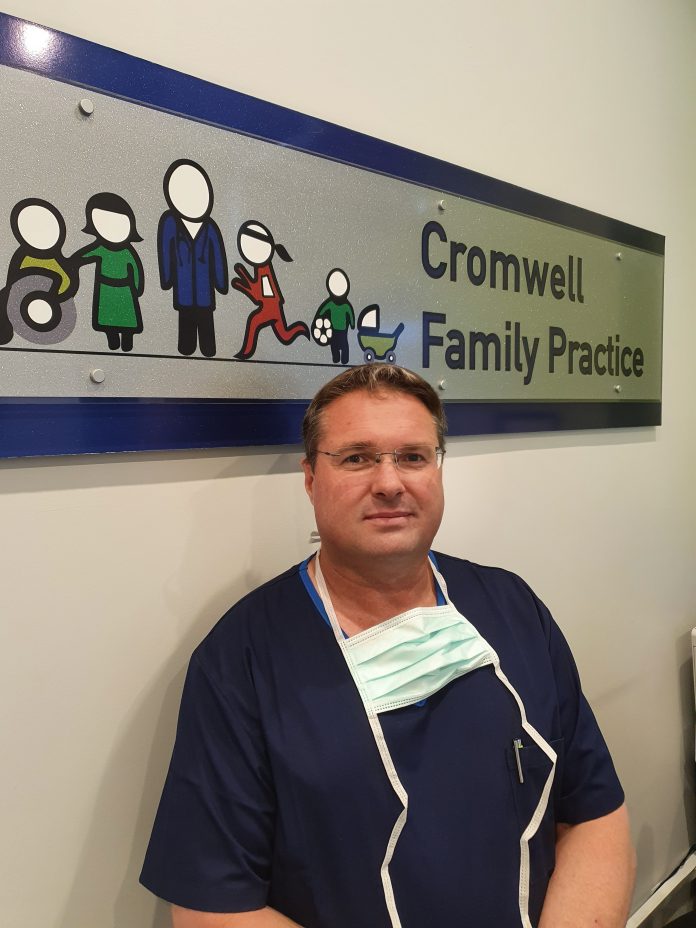Kia ora again.
Now Covid is over I can move on and we can put it behind us. Many of you probably nodded. That’s because of the power of suggestion.
Health workers and scientists, however, live and study in the real world where SARS2 is the third leading cause of death now behind cancer and heart disease, and ahead of accidents.
And before you think ‘‘well, they were old’’, one was less than 10, one in their 30s, two in their 40s is this week’s readout, along with hundreds hospitalised.
We put enormous effort into the aforementioned diseases but have all but abandoned any Covid care.
From now on only those eligible for antivirals can get a free test or care when infected.
Paxlovid and metformin can greatly reduce complications, but you need to test to get them!
Many general practices now cannot afford to run separate clinics, and have gone back to the old days of unrestricted waiting areas.
Few are now streaming, masking, HEPA filtering, ventilating, CO2 monitoring or using UVC.
The clean indoor air movement has begun, however.
We now demand clean drinking water; we should demand the same for our indoor spaces to remove virosols.
We have the knowledge, money and technology.
As Michael Baker said recently, we should treat all viruses like Covid, not the other way round. But, why bother? The elephant in the room that is never mentioned is Long Covid. Unfortunately, it is looking likely this mysterious new disease is simply chronic Covid infection, i.e. persistent long term viral disease. Think herpes and HIV.
So far this affects 5%-10%, but it may be more over decades. It has ground down many HCWs, leading to shortages.
Every organ studied, including the retina, testes, heart, immune cells and brain, has shown viral persistence.
That we accept this as OK is hard to reconcile.
Dementia, asthma, hypertension, and immune compromise post-Covid, are my daily reality.
Crushing fatigue, memory problems, cough, chest pain, diarrhoea, palpitations and dizziness plague many for months. Long Covid affects children also. ‘‘But we can’t live in fear,’’ is the cry from some.
Colleagues and I are not fearful. We are experts in risk management.
And right now the risk remains high, despite the urgency of normal.





